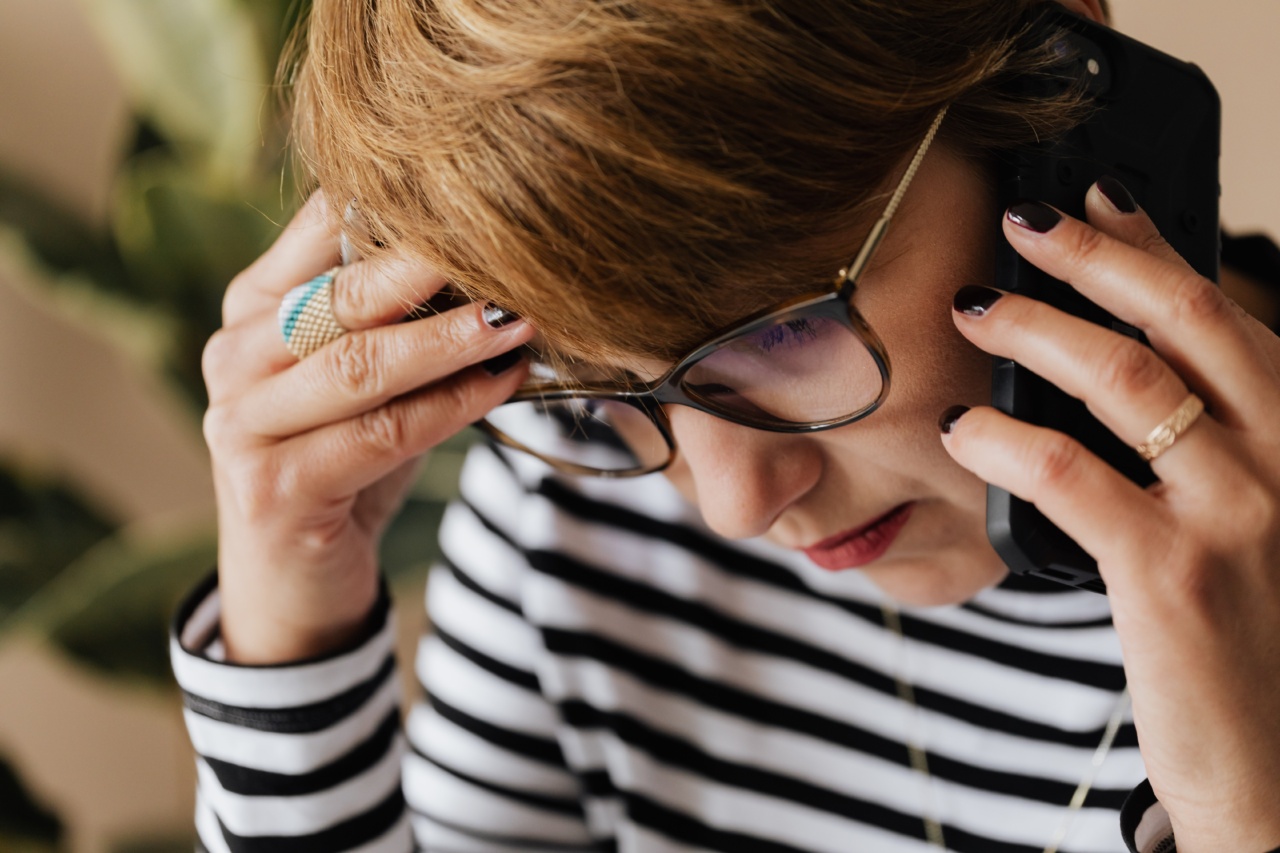Depression is a debilitating mental disorder that affects millions of people globally. While traditional medication has been the standard treatment for depression, it comes with a variety of side effects such as drowsiness, headaches, and nausea.
However, over the years, natural remedies like cannabidiol (CBD) have gained popularity as useful options in treating depression.
What is CBD?
CBD is a non-psychoactive compound found in the cannabis plant. It is well-known for its therapeutic properties and has been used for centuries to treat different illnesses like chronic pain, anxiety, and insomnia.
One of the reasons CBD is useful in treating various diseases is its interaction with the endocannabinoid system (ECS). The ECS is a biological system that helps to regulate a variety of physiological and cognitive processes, including mood, pain, memory, and appetite.
How CBD Works in Treating Depression
Depression is a result of a chemical imbalance in the brain, which affects the mood and behavior of an individual. The research on how CBD works in treating depression is still in its early stages.
However, studies have shown that CBD interacts with the ECS, which helps to regulate different chemical compounds that contribute to depression, such as dopamine and serotonin.
Depression causes a decrease in serotonin levels in the brain. This neurochemical is essential for maintaining good moods, and low levels of it can lead to depression and anxiety.
CBD has been found to stimulate the serotonin receptor, which is responsible for increasing the level of serotonin in the brain. This means that CBD can play a significant role in uplifting one’s mood and reducing anxiety and depression levels.
Furthermore, CBD works by regulating the hypothalamic-pituitary-adrenal (HPA) axis responsible for the body’s stress response. By regulating the stress response system, CBD can help to reduce the effects of stress on one’s mental health.
Benefits of Using CBD for Depression
There are several benefits of using CBD for depression, and they include;.
1. It Is Natural
CBD is a natural compound, and its extraction and formulation do not involve the addition of synthetic chemicals. As such, it is considered a natural alternative to traditional medication, which often comes with adverse side effects.
2. Stress Reduction
One of the primary causes of depression is stress. CBD works by regulating the HPA axis, which helps to reduce the effect of stress on one’s mental health. By reducing stress levels, CBD can bring relief to people suffering from depression.
3. Non-Addictive
Unlike traditional medication or other addictive substances like nicotine and alcohol, CBD is non-addictive. This means that it does not pose a high risk of dependency or withdrawal symptoms, even after prolonged use.
4. Reduced Side Effects
Since CBD is a natural compound, it comes with fewer side effects compared to traditional medication. Common side effects of traditional medication often include drowsiness, headaches, and nausea.
However, CBD’s side effects are mild and mainly limited to sleepiness, dry mouth, and lightheadedness.
5. No Psychoactive Effects
CBD does not contain Tetrahydrocannabinol (THC), which is the psychoactive compound responsible for the “high” associated with marijuana.
As such, CBD does not produce psychoactive effects, making it safe for people to consume without worrying about getting high.
How to Use CBD for Depression
CBD is available in different forms like oils, tinctures, capsules, and creams. The most popular form, however, is CBD oil. When using CBD for depression, it is best to start low and gradually increase the dosage.
One way to do this is by starting with 10mg and increasing the dosage by 5mg each day until the desired effect is achieved. It is essential to consult a doctor before using CBD, especially if one is taking traditional medication for depression.
Conclusion
Depression is a severe condition that can significantly affect the quality of life of an individual.
While traditional medication remains the standard treatment, several studies have shown that CBD can be an effective alternative for treating depression. By regulating the endocannabinoid system, CBD can help to reduce stress levels, uplift one’s mood, and improve cognitive function. It is essential, however, to consult a doctor before using CBD to treat depression.






























